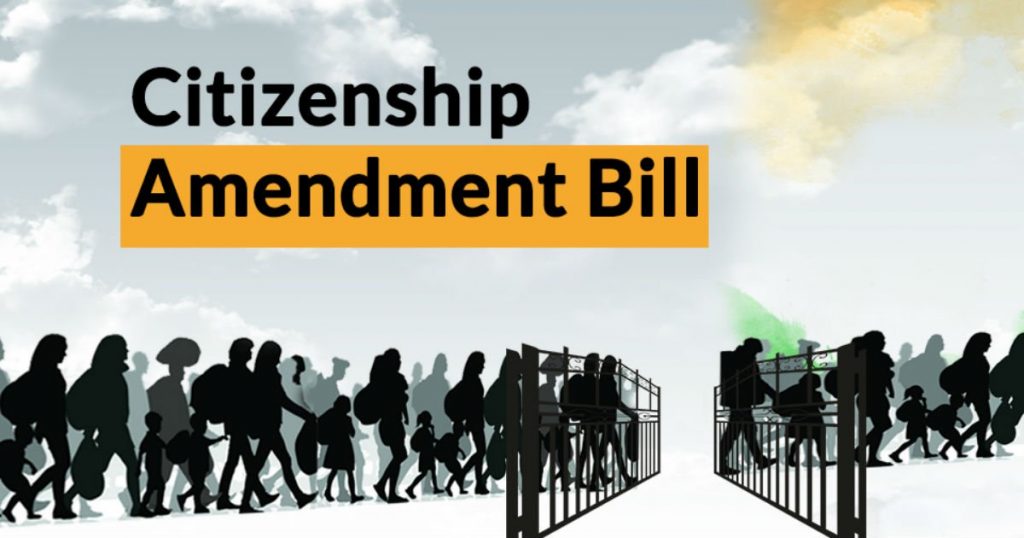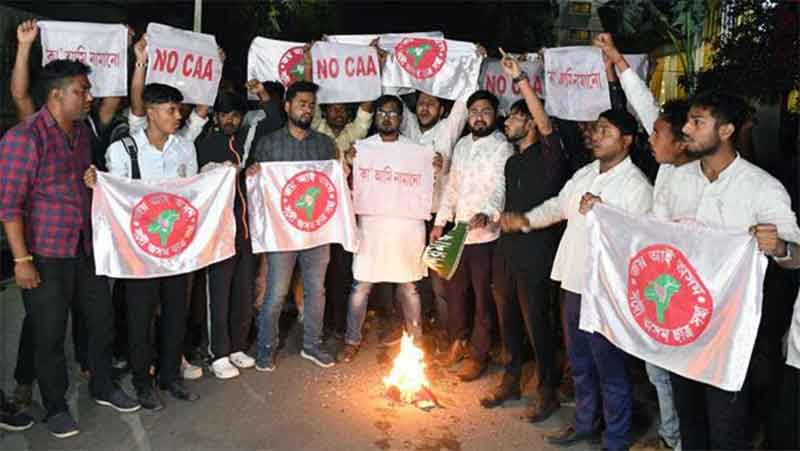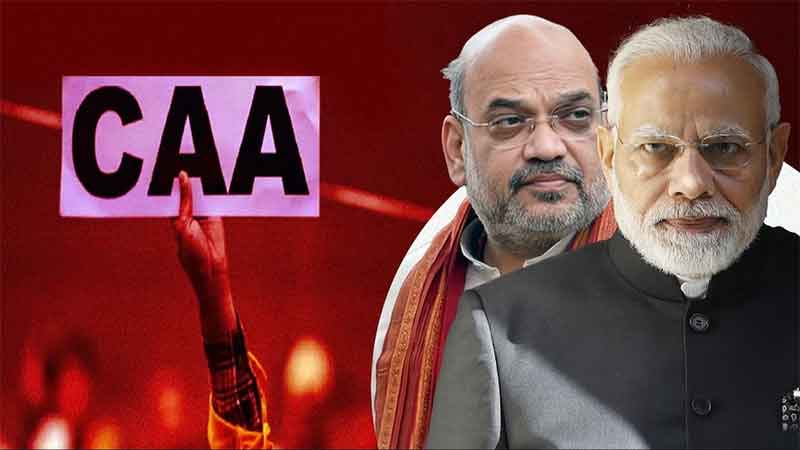
With the enactment of the Citizenship (Amendment) Act, 2019 (‘CAA’) and the initiation of processes for creation of a National Register of Indian Citizens ( ‘NRIC’), a citizenship vesting apparatus based on religion, has now been operationalized. In a pre-NRIC exercise, the ‘residents’ of India will be identified by updating the National Population Register (‘NPR’), which will then be worked upon, to create the NRIC. The NRIC has been conceptualized to identify all ‘illegal immigrants’ residing in India. In absence of any law or stated policy on refugees & stateless persons, the resultant effect of this exercise is not yet known. While the whole process throws its own challenges, the effect of CAA will be out for everyone to see once the NRIC is prepared.
The CAA purportedly seeks to protect the interests of certain illegal immigrants, based on their country of origin (Pakistan, Afghanistan & Bangladesh) and their religion. It aims at accelerating the process of naturalization for Hindu, Sikh, Buddhist, Jain, Parsi and Christian illegal immigrants (‘Non-Muslims’) by, firstly, excluding them from the definition of ‘illegal immigrants’, as provided in the Citizenship Act of 1955, and secondly, by amending the requirement of an eleven year residency to a five year residency, in order to qualify for naturalization as an Indian Citizen.
The CAA has been challenged before the Supreme Court, which has shown no urgency in addressing the core constitutional issues that it raises. While those against CAA, assert that it violates the right to equality enshrined in Article 14 of the Constitution, those for it also rely on Article 14 to emphasize on its constitutional validity.
Can CAA be defended in the Court?
The extension of the ‘right to equality before law’ to ‘all persons’, including illegal immigrants, may appear to be sufficient to argue for CAA’s unconstitutionality. But over the years, due to legislative and judicial exigencies, the ‘reasonable classification test’ has been regularly used as method to carve out exceptions to the law of equality. This test further evolved with recognition of ‘arbitrariness’ as a nemesis of the right to equality. Collectively, both seek to ascertain any element of arbitrariness that may result, in the law being unfairly, unjustly and illogically applied to persons similarly situated. In simpler terms, Article 14 strikes at arbitrariness in classification, but protects a classification based on an intelligible differentia, having a reasonable nexus with the object sought to be achieved.
In order to survive the rigours of Article 14, the government must therefore establish, that exclusion of Muslims from the now amended definition of ‘illegal immigrants’, is not arbitrary. And that the effective classification of illegal immigrants, into Muslims and non-Muslims, has a reasonable nexus with the object that the CAA seeks to achieve. The Government will also have to establish the reasonableness of classification, on the basis of country of origin, amongst Hindus from Sri Lanka and those from the Pakistan, Afghanistan and Bangladesh.
Pertinently, the object of the CAA is also fraught with ambiguities. It seeks provide protection to ‘minorities’, from only three neighbouring countries, providing no sound justification for excluding all the others. While the Objects and Reasons of the Act also highlight that these three countries have a ‘State Religion’, it ignores the fact that Sri Lanka’s Constitution provides Buddhism the ‘foremost place’, and that Nepal was a ‘Hindu Kingdom’ until very recently. Further, CAA seeks to afford protection to only religious minorities and excludes those persecuted on the basis of their political beliefs, culture, ethnicity, gender etc. Thus making it clear that ‘religion’ and not ‘persecution’ is the premise of this law.
Even though not a party to the Refugee Convention, India has more often than not respected the humanitarian concerns that a refugee crisis brings about. Blatantly furthering a political agenda under the garb of refugee protection, the CAA strikes at the core of India’s secular credentials. With the challenge pending before the Supreme Court, one may just hope that the ‘reasonable classification test’ endures this one.
Naveed Mehmood Ahmad has a Masters in Law and is currently working as a legal research fellow in New Delhi
SIGN UP FOR COUNTERCURRENTS DAILY NEWS LETTER













































